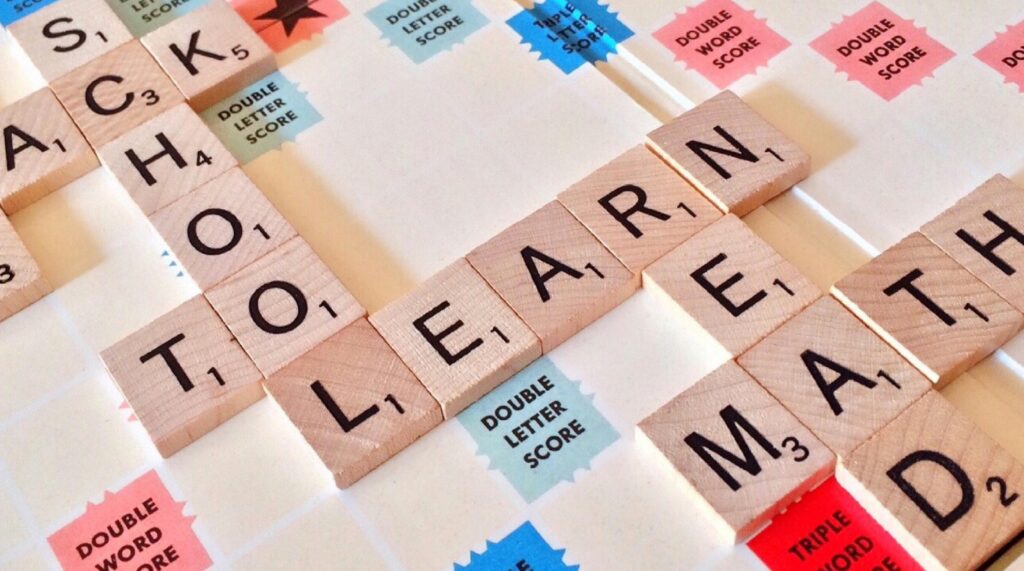The school bell has long been a tool utilized in schools of all academic levels, designed to dictate the rhythm of the day. But what if we, as educators, instead chose to silence this persistent symbol?
The Toronto Star released an article over a decade ago, “Expelling the School Bell“, which advocated for a departure from the entrenched tradition of the school bell and delved into the possible alternatives. The piece argued that while the school bell may seem innocent enough, its presence carries weighty implications for the culture and dynamics of the school itself.
Traditionally, the school bell has served as more than just a timekeeper: it’s a symbol of rigidity and control. Its relentless tolling signals the end of one task (in most cases a class period) and the beginning of another, imposing a strict structure on the school day. However, as the article suggests, this regimented approach may stifle independence among students, reducing them to mere cogs in the timepiece that is the more traditional education system, following along to the sound of the bell without much conscious thought. Students learn to move from class to class by rote without paying attention to the time itself, and have no need to feel any impulse to take responsibility for their own time management.
For larger institutions, it would be difficult, if not impossible, to eliminate the school bell entirely. However, for schools like Keystone that maintain small class sizes and individualized learning environments, the shift away from the bell is not only viable but potentially transformative.
At Keystone, our emphasis has always been on fostering a sense of community. In a close-knit setting like this, students develop a strong sense of responsibility and accountability. Without the constant reminder of the bell, they learn to manage their time effectively, transitioning between tasks conscientiously and with purpose. This cultivates invaluable life skills that extend far beyond the classroom walls. There is nothing more essential than instilling in young adults the importance of timeliness and meeting deadlines from an early age, and teaching them not to rely on a school bell as a constant reminder but instead encouraging them to explore time management skills that work for them personally is a crucial part of this process.
By embracing a bell-free approach, Keystone can further nurture a supportive learning environment, where students are not just passive recipients of knowledge but are actually active participants in their educational journey and their day-to-day schooling.
While the school bell may have served its purpose in the past, it’s time to consider alternative approaches that prioritize autonomy and responsibility. By relinquishing the looming presence of the bell, schools like Keystone can pave the way for a more enriching and fulfilling educational experience, one where students are allowed to flourish academically to their own silent melody.
If you are considering a switch from the public school environment to private school, take a look at our recent blog series on this topic here.







